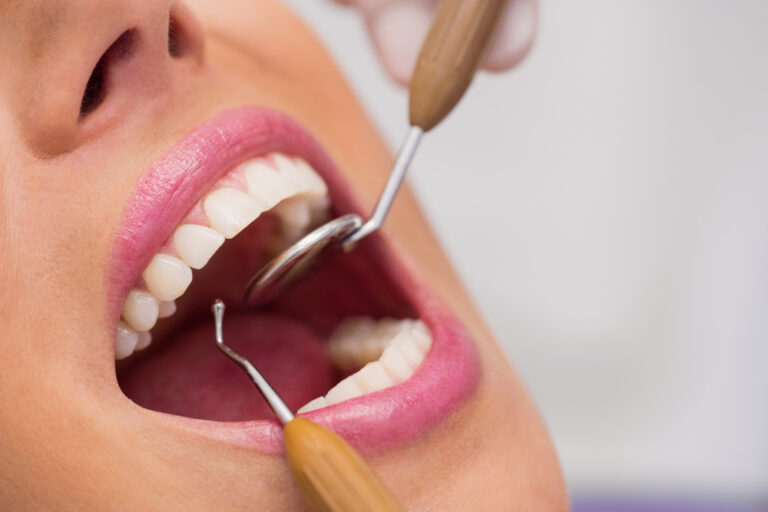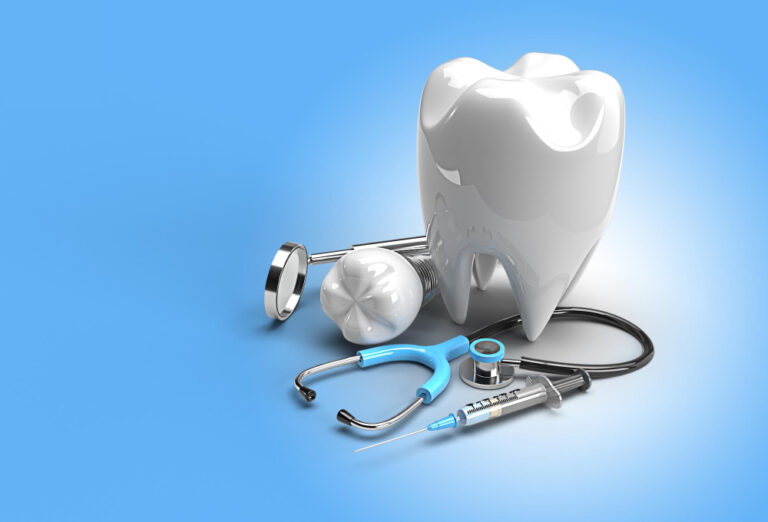Dental care is often overlooked in the realm of healthcare, yet its importance cannot be overstated. Beyond just maintaining a bright smile, proper dental care plays a pivotal role in overall health and well-being. From preventing oral diseases to promoting systemic health, here’s a closer look at why dental care is crucial for everyone.
Prevention of Oral Diseases
One of the primary reasons dental care is essential is its role in preventing oral diseases. Neglecting oral hygiene can lead to a myriad of problems, including tooth decay, gum disease, and bad breath. Regular brushing, flossing, and routine dental check-ups are fundamental in keeping these issues at bay.
Tooth decay, commonly known as cavities, occurs when bacteria in the mouth produce acids that erode the tooth enamel. Without proper care, these cavities can progress, causing pain, infection, and even tooth loss. Similarly, gum disease, such as gingivitis and periodontitis, can result from poor oral hygiene, leading to inflammation, bleeding gums, and eventual tooth loss if left untreated.
Promotion of Overall Health
The link between oral health and overall health is well-established. Poor oral hygiene has been associated with various systemic conditions, including cardiovascular disease, diabetes, and respiratory infections. The mouth serves as a gateway to the body, and oral bacteria and inflammation can easily enter the bloodstream, contributing to systemic inflammation and exacerbating existing health issues.
For instance, research has shown that periodontal disease is linked to an increased risk of heart disease and stroke. The inflammation caused by gum disease can also worsen diabetes control, making blood sugar levels more difficult to manage. Additionally, oral infections have been implicated in respiratory problems, as bacteria from the mouth can be aspirated into the lungs, leading to pneumonia and other respiratory complications.
Preservation of Quality of Life
Maintaining proper dental care is essential for preserving quality of life. Oral health problems can significantly impact daily activities such as eating, speaking, and socializing. Tooth pain, discomfort, and embarrassment due to dental issues can diminish one’s confidence and overall well-being.
Furthermore, missing teeth or untreated oral conditions can affect nutrition and diet, as individuals may struggle to chew certain foods or avoid nutritious options altogether due to discomfort. This can lead to nutritional deficiencies and further health complications down the line.
Preventive and Cost-Effective
Investing in preventive dental care is not only beneficial for health but also cost-effective in the long run. Routine dental check-ups allow for the early detection of any issues, enabling prompt intervention before problems escalate. Addressing dental concerns at an early stage often requires less invasive and less costly treatment compared to waiting until conditions worsen.
Moreover, preventive measures such as dental cleanings and fluoride treatments can help maintain oral health and prevent the need for more extensive and expensive procedures in the future. By prioritizing regular dental visits and adhering to good oral hygiene practices, individuals can potentially save both their smiles and their wallets.
Conclusion
In conclusion, dental care is a critical component of overall health and well-being. Beyond achieving a bright smile, proper dental hygiene and regular dental check-ups are essential for preventing oral diseases, promoting systemic health, and preserving quality of life. Investing in preventive dental care not only benefits individuals in the present but also pays dividends in the future by reducing the risk of costly and invasive treatments. Therefore, everyone should prioritize dental care as an integral part of their healthcare routine.



